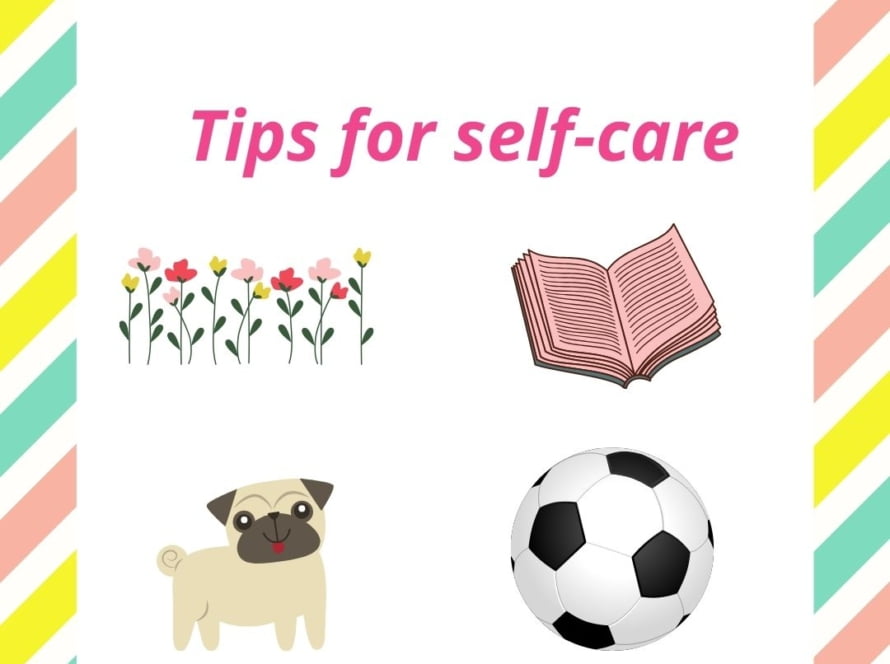What images or words do you associate with the word ‘therapy’? For many of us who have never attended therapy, our mind may revert to what we see on television, movies, novels and online. A lot of the time, these do not reflect what therapy actually is. Here are some of the most common misconceptions and more factual information on each myth:
Myth 1: People who attend therapy have a serious mental illness.
Anyone can benefit from therapy. The majority of my work revolves around those who are struggling with daily things such as stress, anxiety, relationships, self-esteem, life transitions, loss etc. If you do have a diagnosis of anything, remember that a diagnosis does not define you.
Myth 2: Therapy involves lying down on a couch while the therapist take notes.
Some therapists may take notes during the sessions, I personally don’t. I don’t ever ask clients to lie down on a couch. We usually sit on separate chairs or couches opposite each other. If someone wanted to lie down during the session, that’s their own choice, not mine.
Myth 3: Therapy is a “quick fix”.
Therapy is not about “fixing” someone. You do not need to be “fixed”. It’s a journey, a process and is about “healing”. Therapy offers a non-judgmental space to explore your experiences and understand yourself better.
Myth 4: Therapy takes a long time.
How long is a piece of string? Some people attend to have some improvements in their lives, others want to explore much more. It depends on the person, their needs and what they hope to get out of sessions.
Myth 5: Asking for help is a sign of weakness.
Attending therapy doesn’t mean you have failed, or you are weak. It takes a lot of courage to reach out for help and is a sign of strength. Sometimes we just need that extra bit of guidance; no more than getting additional help from a teacher or a sports coach.



